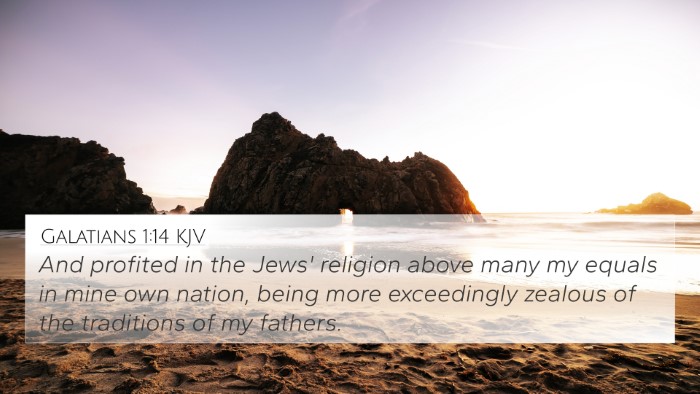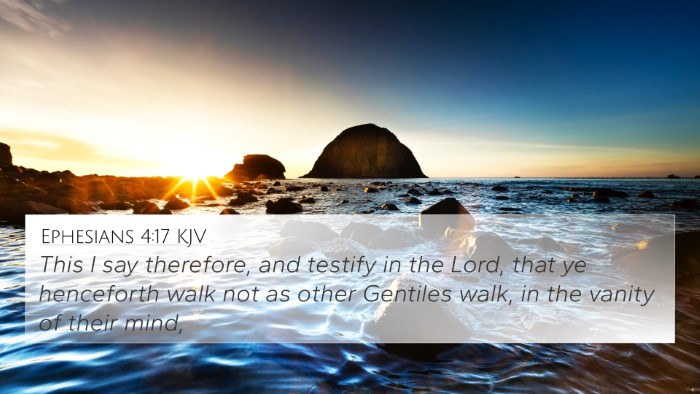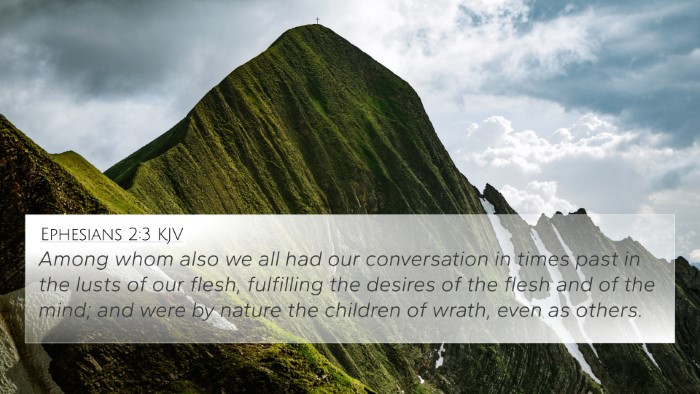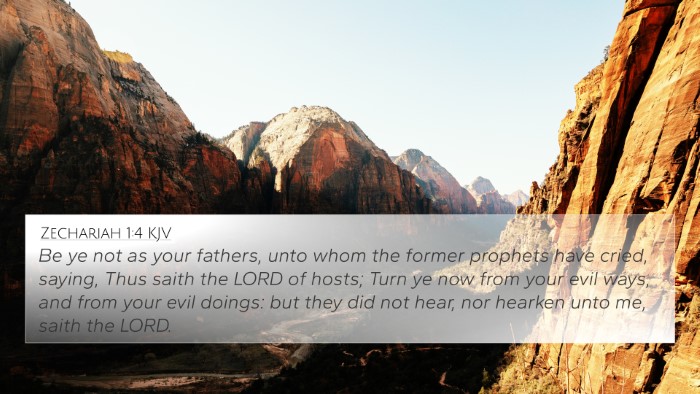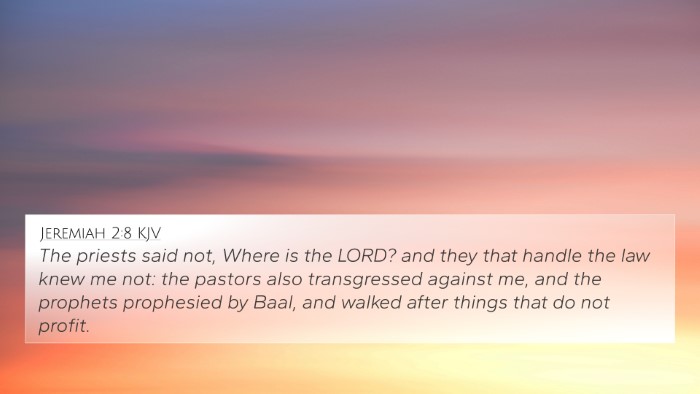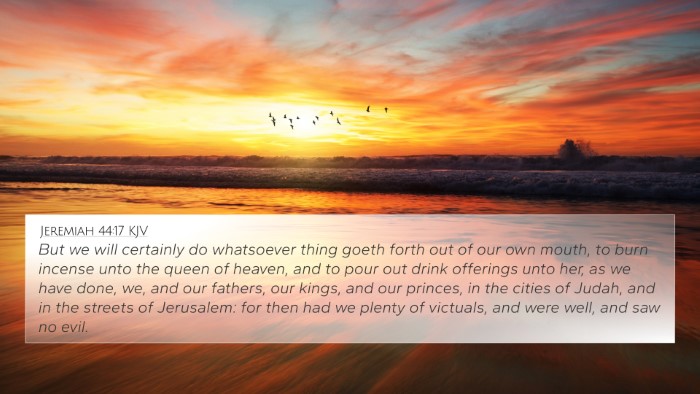Understanding Jeremiah 9:14
Jeremiah 9:14 states: "But have walked after the imagination of their own heart, and after Baalim, which their fathers taught them." This verse highlights the spiritual rebellion of the Israelites against God's commandments. Their pursuit of false idols and the corruption of their hearts signify a profound departure from divine truth.
Summary of Insights
This verse indicates that the people have chosen to follow their own desires and the traditions of their ancestors, specifically the worship of Baal, over the ways of God. Public domain commentaries provide several insights into its meaning:
- Matthew Henry: Emphasizes the futility of following inclinations that lead one away from God. He outlines the consequences of allowing one's heart to lead them into idolatry, distancing themselves from divine wisdom.
- Albert Barnes: Notes that the phrase "imagination of their own heart" signifies the inner thoughts and sinful desires that can lead one to idol worship. Barnes reflects on how closely tied these actions are to the teachings of past generations, showing how traditions can foster spiritual errors.
- Adam Clarke: Addresses Baalim's significance, underscoring the corrupting influence of false gods and local customs on the people of Israel. He also elucidates the role of the heart in spiritual matters, stressing that a heart turned from God is susceptible to deception.
Thematic Connections
The themes presented in Jeremiah 9:14 resonate throughout the Bible, revealing God's ongoing struggle with humanity's inclination towards idolatry. Here are some thematic Bible verse connections:
- Exodus 20:3-5: The Ten Commandments explicitly state the prohibition against idolatry, closely linking to the actions condemned in Jeremiah.
- Isaiah 44:20: Illustrates the folly of worshipping idols created by one's own hands, echoing the warnings found in Jeremiah.
- Ezekiel 14:3: God addresses the hearts of men who set up idols in their hearts, connecting to the idea of internal rebellion described in Jeremiah.
- Romans 1:21-23: Paul discusses humanity's inclination to exchange the glory of God for idols, reflecting similar themes of heart-worship and rebellion.
- James 1:14: Outlines the concept of human desire leading to sin, which correlates with the “imagination of their own heart.”
- 1 John 5:21: Advises to keep oneself from idols, linking directly to the missile warnings in Jeremiah against following Baal.
- Galatians 5:19-21: Lists the works of the flesh, including idolatry, which further emphasize the consequences of following one's desires rather than God's will.
Inter-Biblical Dialogue
This verse serves as a vital point in the dialogue between the Old Testament prophecies and New Testament teachings. It provides a clear message about spiritual fidelity that both testaments confront:
- Linking to New Testament: The warning against false teachings is echoed in the Apostles' discussions about idolatry and the nature of sin.
- The relationship between Jeremiahn warnings and Jesus's teachings: His condemnations of the Pharisees point to a similar desire for human traditions over God’s commands.
- The connection between Old Testament themes of idolatry and the warnings in Revelation: The eventual fall of Babylon can be seen as the culmination of the idolatry that Jeremiah warns against.
Cross-Referencing Biblical Texts
Cross-referencing can enhance understanding and provide context by drawing connections between various scriptures. Here’s how to utilize tools for Bible cross-referencing:
- Use a Bible concordance to locate themes or topics that relate to Jeremiah 9:14.
- Engage in cross-reference Bible study by exploring related verses that speak about idolatry and the heart.
- Apply comprehensive Bible cross-reference materials to connect with verses in both the Old and New Testaments that echo the same warnings.
Practical Application
Understanding Jeremiah 9:14 within a broader scriptural context instills a greater sense of reverence towards God's commands. With this knowledge, believers can:
- Reflect on their own spiritual practices to ensure they are not inadvertently following "the imagination of their own heart."
- Explore the links between Bible verses for deeper insight during personal study or sermon preparation.
- Engage in discussions and studies about the impact of cultural influences on faith and devotion, ensuring adherence to God's Word.
Conclusion
Jeremiah 9:14 delivers a poignant understanding of the heart's motivations, the dangers of idolatry, and the necessity of following God's instructive truth. By using tools for Bible cross-referencing and thematic analysis, one can gain deeper insights that enhance both personal faith and collective understanding within the faith community.





